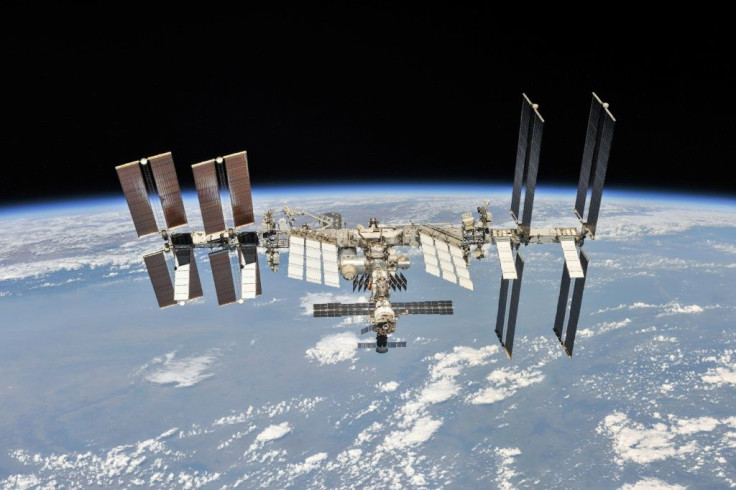Former NASA Engineer Explains How ISS Will Be Decommissioned Once Its Mission Ends

KEY POINTS
- The ISS mission is expected to end sometime in 2030
- NASA will crash the ISS into the ocean once its mission ends
- Leaving the ISS in space could be dangerous for Earth
A former lead senior engineer for NASA discussed how the agency intends to decommission the International Space Station (ISS) once its mission officially ends. According to the ex-engineer, the ISS will eventually plummet to Earth in a controlled manner.
The giant orbiting station, which was made and launched by NASA through the help of its international partners, became operational in 1998. The agency intends to continue the operations of the ISS until 2030.
In a previous Ask Me Anything event on Reddit, user Kamiraa revealed that he used to work for NASA as a senior lead engineer. During his time with the agency, Kamiraa said he used to work for the ISS. One of the questions asked during the event was NASA’s plan for the space station once its mission ends.
According to Kamiraa, NASA intends to bring down the ISS through a controlled re-entry intentionally. It would splash down on a region known as the Spacecraft Cemetery, which is the final resting place for all large space vessels. Also referred to as the Oceanic Pole of Inaccessibility, this area is the farthest point from any landmass, making it the safest place to intentionally crash a large spacecraft.
“They plan on having a controlled re-entry into the Indian Ocean (at least we hope),” Kamiraa posted on Reddit.
If NASA decides not to crash the ISS and instead let it remain in orbit, Kamiraa noted that this could have negative consequences on other active spacecraft and Earth. As noted by the former engineer, if the large space station remains in orbit, there’s a chance that it could break apart. This can happen if it gets hit by other orbital debris or even by asteroids.
If the ISS breaks apart in space, the fragments could end up hitting active satellites and spacecraft. Even worse, these fragments could fall back to Earth and hit populated areas.
“That would be a horrible idea,” Kamiraa stated. “If something happened to it and it broke apart all those pieces may make it back into our orbital field and take out satellites or even worse re-entry into a populated area.”
Leaving
© Copyright IBTimes 2025. All rights reserved.




















